I’m writing these articles for myself to remember what I have to use and to create a handy reference for comparing cloud services. This helps me decide which platform is best suited for various use cases and scenarios.
When choosing a cloud provider, understanding equivalent services across AWS, Google Cloud (GCP), and Azure helps in making informed decisions. Below is a comparison of commonly used cloud services categorized by functionality, showcasing how they align across the three platforms.
1. Database Services
- AWS: Amazon RDS supports multiple engines like AuroraDB, MySQL, PostgreSQL, and SQL Server.
- Google Cloud: Cloud SQL offers fully managed relational databases for MySQL, PostgreSQL, and SQL Server.
- Azure: Azure SQL Database provides a fully managed relational database solution.
For advanced relational databases:
- AWS: AuroraDB delivers high performance and compatibility with MySQL and PostgreSQL.
- Google Cloud: Spanner provides global scalability with strong consistency.
- Azure: SQL Managed Instance enhances SQL Server capabilities.
For NoSQL:
- AWS: DynamoDB offers a key-value and document database.
- Google Cloud: Firestore supports document-based storage.
- Azure: Cosmos DB is a globally distributed, multi-model database.
Data Warehousing:
- AWS: Redshift enables cloud-based data warehousing.
- Google Cloud: BigQuery is serverless and scalable for SQL analytics.
- Azure: Synapse Analytics combines data warehousing with big data integration.
2. Compute Services
- AWS: EC2 provides scalable virtual machines.
- Google Cloud: Compute Engine offers customizable virtual machines.
- Azure: Virtual Machines deliver high configurability for workloads.
For serverless compute:
- AWS: Lambda provides event-driven execution.
- Google Cloud: Cloud Functions supports lightweight, event-driven processes.
- Azure: Azure Functions executes code on-demand without managing servers.
For container services:
- AWS: EKS and Fargate manage Kubernetes and serverless containers.
- Google Cloud: GKE provides managed Kubernetes.
- Azure: AKS simplifies Kubernetes management.
3. Storage Services
- AWS: S3 offers scalable storage for unstructured data.
- Google Cloud: Cloud Storage provides unified object storage.
- Azure: Blob Storage delivers fully managed unstructured data storage.
For block storage:
- AWS: EBS delivers low-latency block storage.
- Google Cloud: Persistent Disk ensures durable block storage.
- Azure: Disk Storage supports high-performance workloads.
For file storage:
- AWS: EFS enables shared file access.
- Google Cloud: Filestore supports managed file systems.
- Azure: Azure Files provides fully managed file shares.
4. Data and Analytics Pipelines
- AWS: Glue automates ETL processes.
- Google Cloud: Dataflow integrates batch and stream processing.
- Azure: Data Factory enables large-scale data transformation.
For stream processing:
- AWS: Kinesis handles real-time streaming data.
- Google Cloud: Pub/Sub ensures scalable messaging.
- Azure: Event Hubs is a streaming data platform.
For big data:
- AWS: EMR manages Hadoop and Spark clusters.
- Google Cloud: Dataproc provides managed big data environments.
- Azure: HDInsight supports big data analytics clusters.
5. AI and Machine Learning
- AWS: SageMaker builds, trains, and deploys ML models.
- Google Cloud: Vertex AI offers a unified platform for AI workflows.
- Azure: Azure ML manages the lifecycle of machine learning models.
For pre-trained AI APIs:
- AWS: Rekognition and Polly handle vision and speech.
- Google Cloud: AI APIs include Vision, NLP, and Translation.
- Azure: Cognitive Services provides APIs for vision, speech, and language.
6. Networking
- AWS: VPC (Virtual Private Cloud) ensures secure and scalable networking.
- Google Cloud: VPC offers global private networking.
- Azure: VNet delivers virtualized networking environments.
For load balancing:
- AWS: Elastic Load Balancer supports multiple layers of load balancing.
- Google Cloud: Cloud Load Balancer provides global scalability.
- Azure: Load Balancer manages internal and external traffic distribution.
For content delivery:
- AWS: CloudFront accelerates content delivery.
- Google Cloud: Cloud CDN ensures fast content delivery.
- Azure: Azure CDN distributes content globally.
Summary
Each cloud provider offers comparable services but with unique features:
- AWS: Known for its breadth of services and deep integrations.
- Google Cloud: Excels in AI/ML and analytics.
- Azure: Strong in enterprise tools and seamless integration with Microsoft products.
Choose the platform that best fits your organization’s ecosystem, workloads, and expertise.

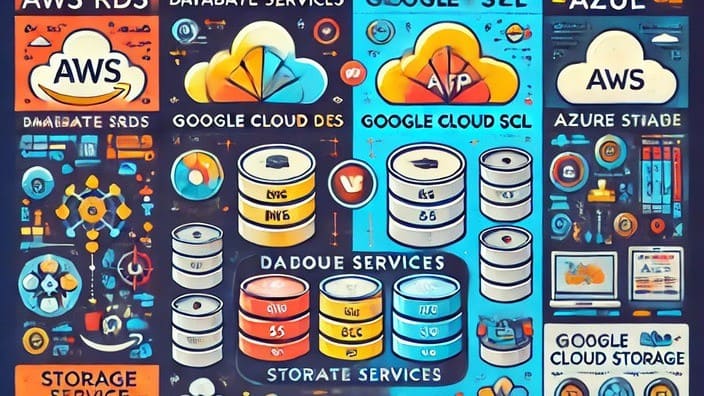

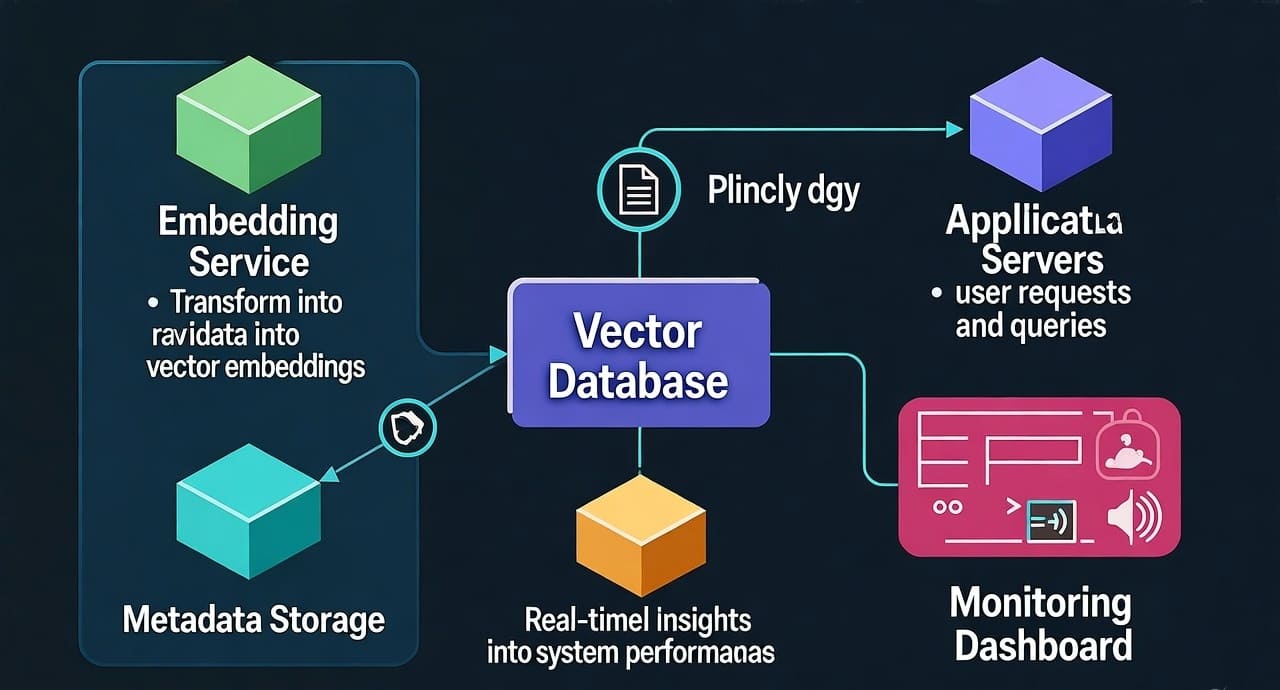




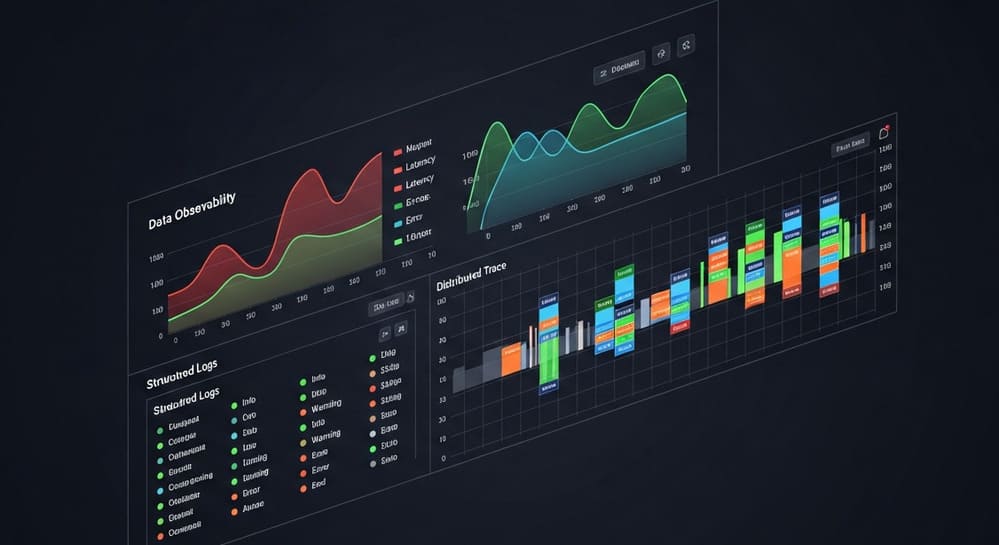
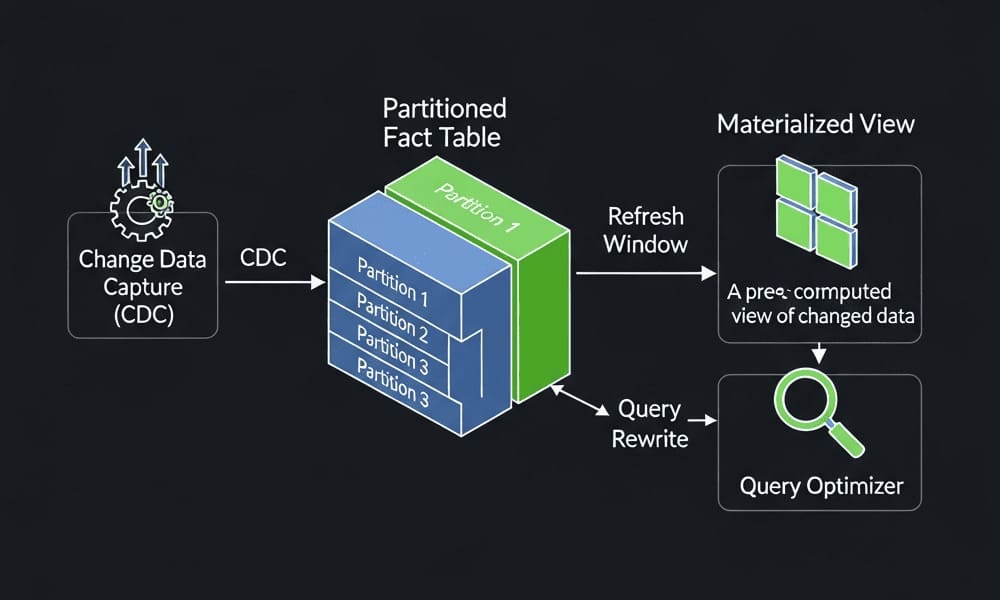
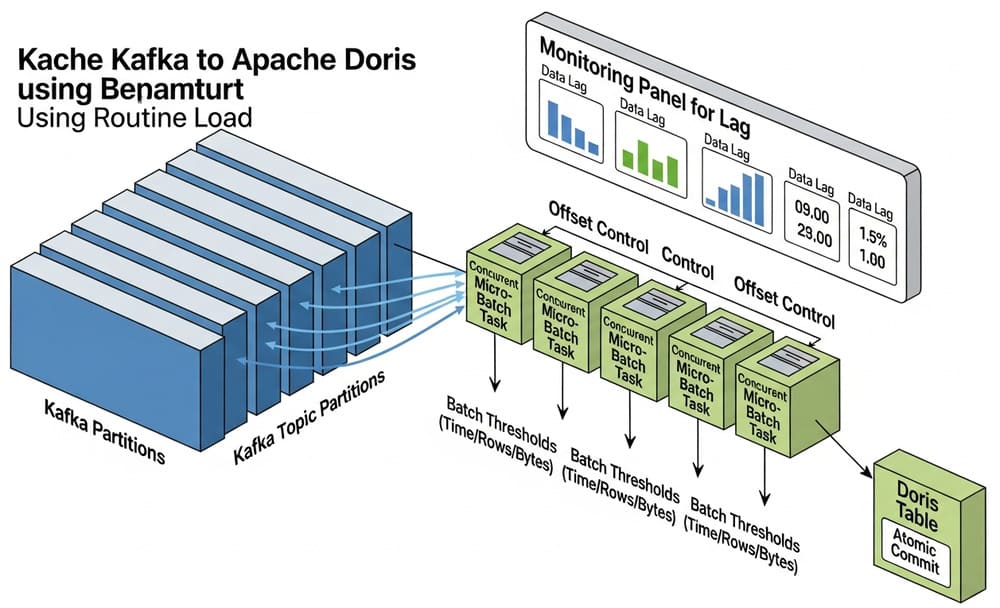
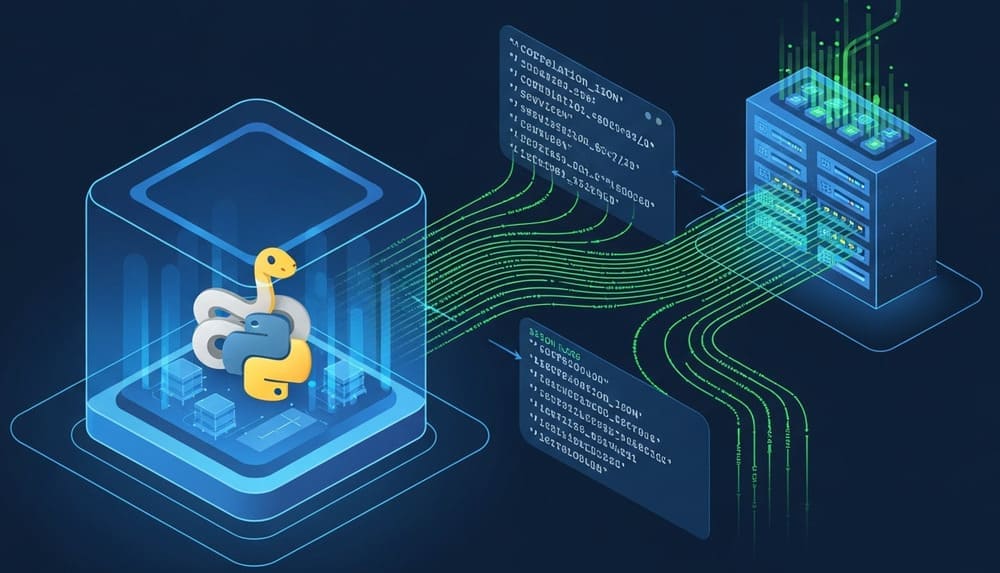
smortergiremal
Hello! I could have sworn I’ve been to this blog before but after browsing through some of the post I realized it’s new to me. Anyways, I’m definitely happy I found it and I’ll be book-marking and checking back frequently!